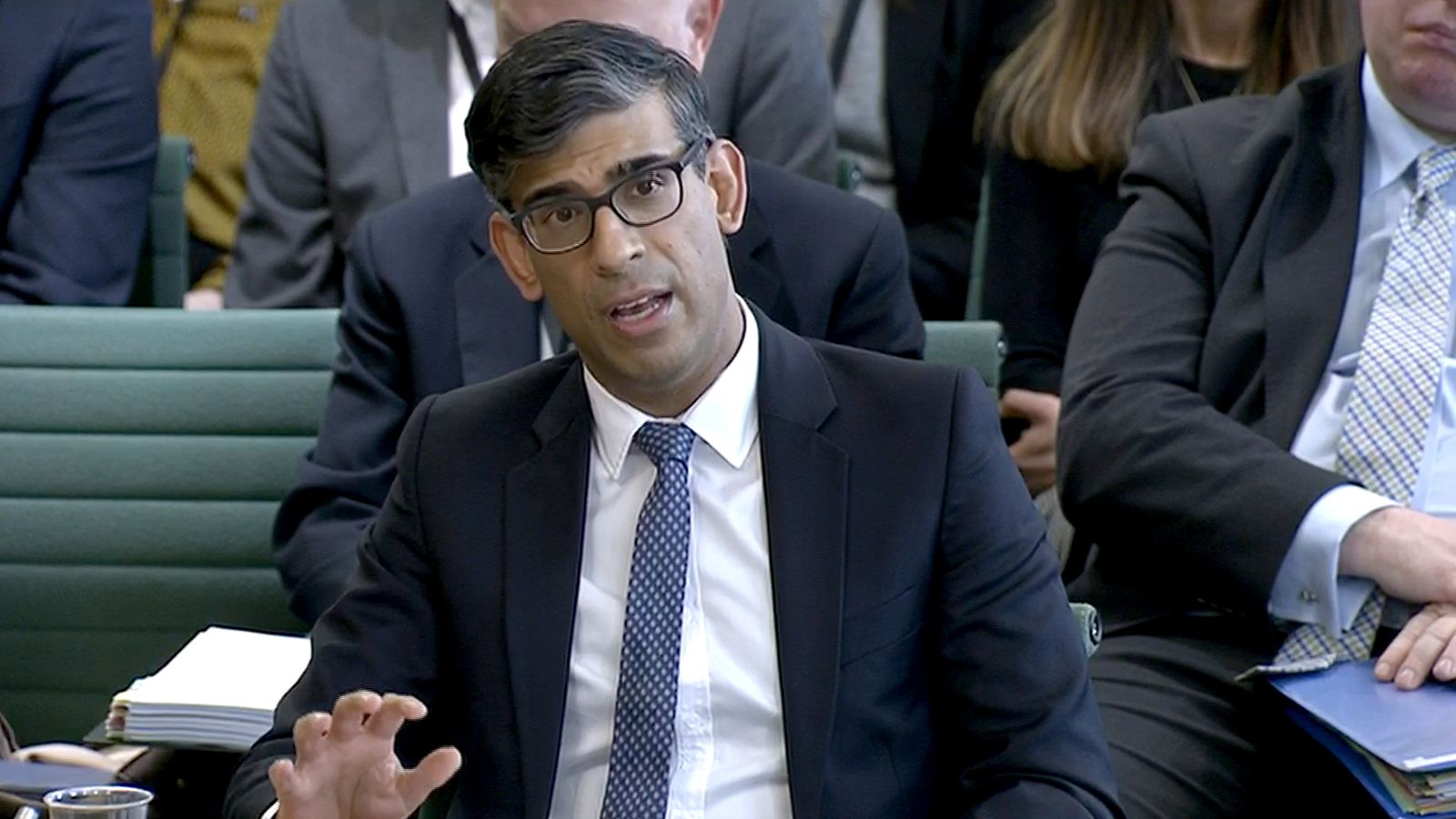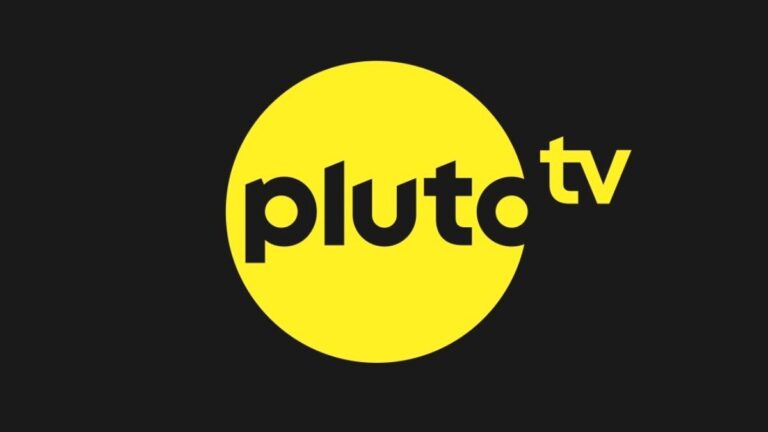Rishi Sunak defends UK’s approach to China as ‘more robust’ than EU allies after criticism | Political news
Britain’s approach to China is “more robust” than that of its allies, Rishi Sunak has said, continuing to face calls to use more aggressive language to describe Beijing after two cyberattacks.
The prime minister said suggestions that the government was not taking decisive action against China were “completely and utterly wrong.”
Sunak defended the government’s position on China in an appearance before the Liaison Committee on Tuesday afternoon, where he faced questions from the chairs of parliament’s select committees.
The chairman of the Business and Trade Committee, Liam Byrne, challenged Sunak, saying that where allies take action against China, the UK is merely “thinking about it”.
However, Sunak said such a claim was false, saying: “Our approach to China is undoubtedly more robust than, I would say, actually the majority of our allies.
Live Politics: After Truss’s claims, Rishi Sunak asked if he was part of the ‘deep state’.
“I have full confidence that our approach to dealing with the risks posed by China is largely consistent with that of our allies and, in most cases, goes further in protecting ourselves.”
Mr Sunak later appeared on the committee government has accused China of “state-linked actors” over two “malicious” cyber attack campaigns in the UK.
Two events
In a speech in the House of Commons, Deputy Prime Minister Oliver Dowden revealed that both incidents included a 2021 attack on the Electoral Commission – responsible for overseeing elections and political finances – and targeted attacks on China-skeptical MPs.
According to the National Cybersecurity Center (NCSC) incident in committeedetected in 2022, resulted in a breach of the electoral roll, including the names and addresses of tens of millions of voters.
However, a 2021 “reconnaissance exercise” targeting the accounts of former Tory leader Sir Iain Duncan Smith, former Conservative education minister Tim Loughton, Lord Alton of Liverpool and SNP MP Stewart McDonald was unsuccessful.
The government has said that the attack on the parliamentarians was carried out by APT31, a group “linked to China”, but less is known about who is responsible for the attack on the committee
However, the NCSC says it is “highly likely that the hack was compromised by a cyber entity with ties to the Chinese state.”
“Like an Elephant Giving Birth to a Mouse”
Mr. Dowden announced sanctions against a front company, Wuhan Xiaoruizhi Science and Technology Company, and two individuals, Zhao Guangzong and Ni Gaobin, associated with APT31.
But the reaction was immediate was met with derision from Tory MPsincluding Sir Iain, who said Dowden’s statement was “like an elephant giving birth to a mouse”.
MPs from Sunak’s party have urged him to raise Britain’s assessment of China from an “era-defining challenge” to a “threat” – something Dowden said may be likely.
During the Liaison Committee meeting, the Prime Minister stressed that the UK had removed Huawei equipment from its telecommunications networks while European allies had not done so, and said the EU had not imposed restrictions on the export of sensitive technologies to China.
Read more:
Cyber attacks in China: ‘Olive’ flops before Tory backbenchers while his old boss shines
Cyberattacks in China are a reminder that Beijing poses a “persistent and sophisticated” threat to Western cybersecurity
He also argued that the UK is less dependent on China for trade than Australia, Korea, Japan, the US and Germany, and that there is a security agency to help companies manage threats from states over espionage and threats to property. intellectual.
China’s denial
China has strongly denied responsibility for the attacks and accused the UK of “outright political manipulation”.
A spokesman said the UK had “falsely accused China of trying to interfere with British democracy”.
“We strongly call on the UK to immediately stop spreading false information about China, stop such self-managed anti-China farces and refrain from continuing down the wrong path that will only lead to failure.”







